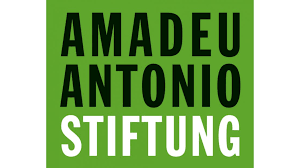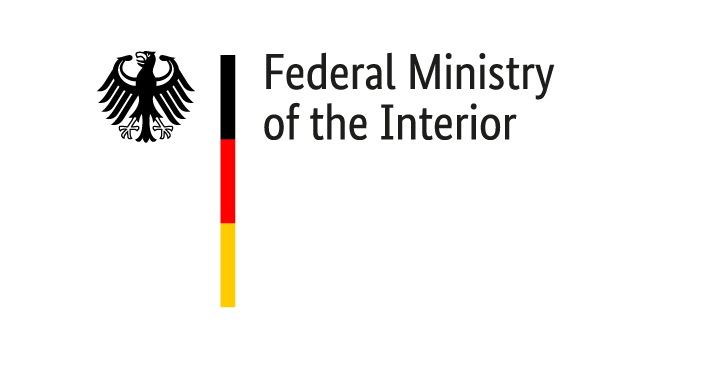Conspiracy thinking and the spread of conspiracy narratives pose a relevant problem for democratic society and democratic institutions. Based on anti-democratic, anti-pluralistic assumptions that question democratic representation and procedures in general, through the dissemination of misanthropic content, conspiracy narratives can contribute to radicalisation processes that can sometimes lead to acts of violence. Conspiracy thinking is not a new phenomenon. It is an integral part of extremist ideologies and images of humanity worldwide, usually characterised by anti-Semitism and racism, even if the individual points of reference are sometimes very different. During the Covid-19 pandemic, conspiracy narratives and the dangers they pose became particularly visible. Acts such as the so-called “petrol station murder” in Idar-Oberstein in 2021, the affinity for weapons and the increasing acts of violence in the so-called “Reichsbürger” milieu, which is characterised by conspiracy ideology, but especially the attacks in Halle and Hanau, in which the perpetrators were also motivated by conspiracy ideology, illustrate how great the need for action is. Conspiracy thinking is a serious threat to our society and appropriate prevention and counselling measures are an important pillar of our joint efforts to preserve our democracy.
Referral Counselling Conspiracy Thinking
This is where the project “Further development of the prevention of and counselling on conspiracy thinking in connection with extremist attitudes” comes in: On behalf of the Federal Ministry for Family Affairs, Senior Citizens, Women and Youth and the Federal Ministry of the Interior and Community, a consortium consisting of Violence Prevention Network gGmbH, the Amadeu Antonio Foundation and modus|zad – Zentrum für angewandte Deradikalisierungsforschung gGmbH is developing tools and approaches to meet the need for advice and information on conspiracy thinking and conspiracy narratives and to sustainably network and support the field of prevention and advice on this phenomenon in line with demand. The starting point here is the (numerous) prevention and counselling services that already exist.
Against the backdrop of a diverse prevention and counselling landscape located in different subject areas, the project pursues five central objectives:
- Improving communication and cooperation between all actors working in the field
- Strengthening the legal certainty of the actors involve
- Establishing and maintaining a sustainable, lively network of counselling and information services for the purpose of professional exchange and peer counselling, including existing networks
- Establishment of a nationwide referral counselling service for the social environment of conspiracy believers
- Further development of specialised educational practice in the subject area
The project focuses on four main target groups:
- Multipliers and professionals
- Civil society associations and organisations
- Government agencies
- People from the environment of conspiracy believers (and possibly also conspiracy believers themselves)
In addition to these groups, the project is also aimed at 5. an extended circle of interested stakeholders and 6. representatives from academia, practice, politics and administration. The relevant actors from the existing counselling, information and prevention landscape are involved in the conception and implementation of the project tasks through participatory formats. In addition, the perspectives of the federal states will be included in the project and activities, in particular through consultation with the respective state democracy centres.
The overarching aim of the project is to sustainably network and professionalise the counselling, information and prevention landscape in the field of conspiracy thinking and conspiracy narratives. Subsequently, the creation of a nationwide referral counselling service will provide easily accessible and low-threshold initial guidance and assistance and improve access to suitable local support services (for those seeking advice). This will also make an important contribution to protecting democracy and combating anti-democratic and radicalisation-promoting efforts.
The broader network activities to promote the exchange of knowledge and experience are aimed at all stakeholders in the field of information, counselling and prevention in the area of conspiracy thinking and related areas. Invitations to the events taking place will be issued in good time via the websites of the network of organisations, newsletters and existing networks.
Representative of service providers:
Violence Prevention Network gGmbH
Alt-Reinickendorf 25
13407 Berlin




